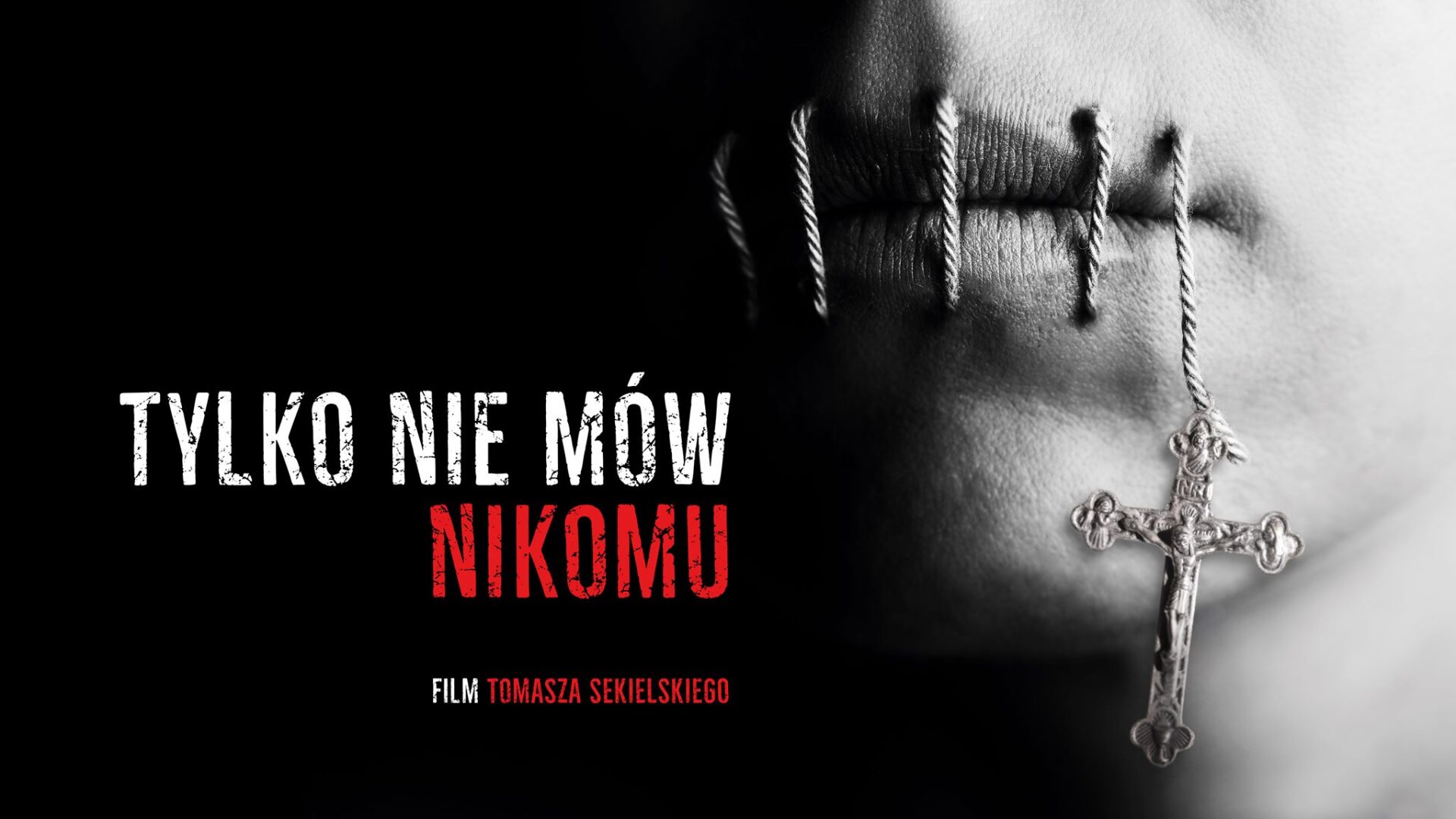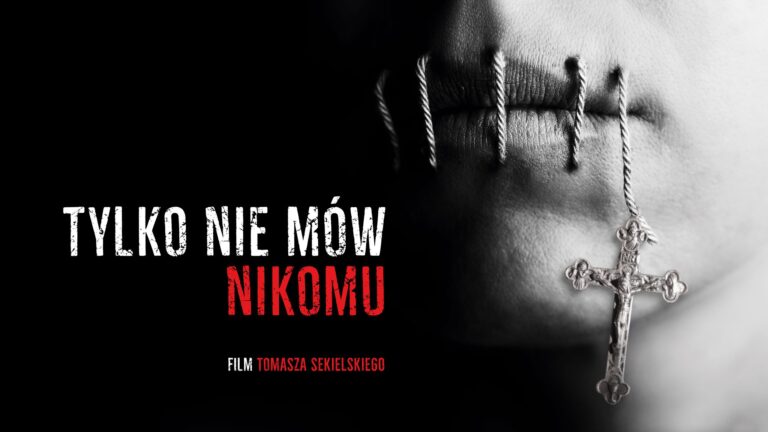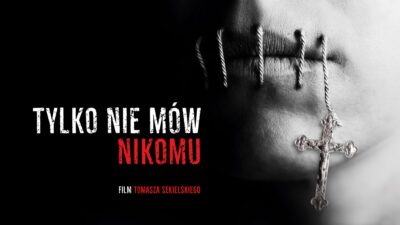“Tell No One” was released on Saturday, 12th of May. The film reveals new cases of catholic priests sexually abusing children and high-ranking members of the clergy protecting the abusers, not the victims.The documentary was entirely crowd-funded and is available on YouTube. In just four days it gathered more than 15 million views. Poland is a country of 38,4 million people.
“Tell No One” triggered a nation-wide debate in one of the most catholic societies in Europe (85 percent of Poles are baptised, over 35 percent attend Church regularly). Polish primate, archbishop Wojciech Polak, thanked Tomasz and Marek Sekielski – brothers who made the film. Archbishop Stanisław Gądecki, head of the Polish Episcopate, issued a statement: “I offer my deepest apologies to all the victims. There is no compensation for their wounds. […] There should be no place for pedophilia in the Church”.
(English subtitles available)
Interviews with the victims are among the most poignant moments of the film. “Tell No One”, already nicknamed “Polish Spotlight”, presents a few already known cases and two new ones. One is the late Rev. Franciszek Cybula who confessed to multiple counts of raping a 12-year-old boy (over the course of six years).
In 1980-1985 Cybula was the priest for Lech Wałęsa – the founder of “Solidarity” movement and the first Polish president after the fall of communism. Wałęsa claims that he was unaware of the crime: “I’d have personally thrown him down the stairs, if I’d known” – said the former president.
Individual cases, however horrifying, are just part of the reality shown by the Sekielski brothers. The documentary shows evidence of tolerance for pedophilia inside the Catholic Church. Even convicted priests were transferred between parishes and continued working with children.
In March, the Polish Episcopate issued a special report. They had recorded cases of 382 clergymen who abused 625 victims under the age of 18 since 1990. However, only 44 percent of these cases have ever been reported to the police.
Archbishops Gądecki and Polak refused to take part in the documentary. Archbishop Sławoj Leszek Głódź (who protected Rev. Cybula knowing of the accusations against him) said that “he had better things to do than watch the film”. Three days later, after his statement went viral, he said he was surprised by a journalists’s question and thus used “improper words”. He said to the sex abuse victims that he was sorry.
“Tell No One” quickly became a major political issue and might play a big role in the upcoming European elections in Poland.
The ruling Law and Justice party is strongly connected to the Catholic Church. Prominent politicians are trying to downplay the scope of sexual abuse and try to portray the film only as an attempt to “war waged against the Church”. Polish MEP Jacek Saryusz-Wolski called Church pedophilia an “imaginary problem”. Speaker of the Parliament, Ryszard Terlecki regards the film to be only a part of the campaign. Zbigniew Gryglas, MP from the ruling party, compared the documentary to “Mein Kampf” by Adolf Hitler (later he said his words were “unfortunate”).
The prosecutor general, Zbigniew Ziobro, has formed a special team of prosecutors to investigate children abuse shown in “Tell No One”. Politicians from all options bid for higher punishments and no statute of limitations for child sexual abuse. A new version of the penal code is now debated in the Parliament. But Ziobro’s department of Justice is proposing stricter punishments (up to 30 years) not just for child abuse. Majority of the big changes proposed don’t concern pedophilia in any way. These regulations (first proposed in 2017) have been criticized by experts including the Helsinki Foundation for Human Rights and National Human Rights Spokesman. They came back to Parliament recently and the debate is fuelled by the work of the Sekielski brothers. And while the entire society condemns pedophilia in general, there are risk of those emotions being used by the government to increase state control.
A freelance journalist, regularly published by “Tygodnik Powszechny”. Previously worked for i.a. “Gazeta Wyborcza”, “Newsweek”. Part-time traveller and mountaineer. Based in Cracow, Poland.






